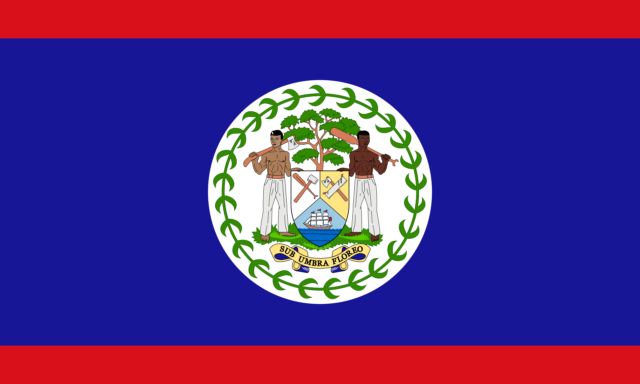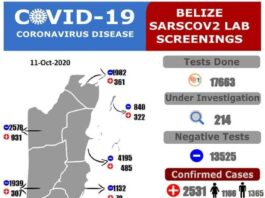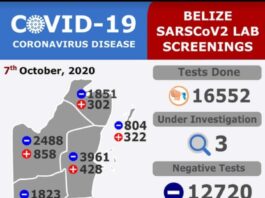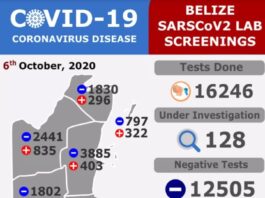Belize has been granted independence on 21 September 1981. Guatemala refused to identify the brand new nation due to its longstanding territorial dispute with the British colony, claiming that Belize belonged to Guatemala. About 1,500 UK troops remained in Belize to prevent any feasible incursions.
With Price at the helm, the PUP won all national elections till 1984. For that election, the initial nationwide election after independence, the PUP has been defeated by the United Democratic Party (UDP). UDP leader Manuel Esquivel replaced Price as the Prime minister, with Price himself suddenly dropping his own House seat to an UDP contender. The PUP under Price returned to power following elections in 1989. The next year the UK announced that it would end its armed service involvement in Belize, and the RAF Harrier detachment had been withdrawn within 12 months, having remained stationed in country constantly since its deployment had become long term in Belize since 1980. British soldiers were withdrawn in 1994, however the United Kingdom left an military training team to help with the recently created Belize Defence Force.
The UDP regained power in the 1993 national election, and Esquivel became prime minister for another time. Soon later on, Esquivel introduced the suspension of a pact with Guatemala during Price’s tenure, declaring Price had made way too many concessions to get Guatemalan acknowledgement. The pact could have curtailed the 130-year-aged border dispute between two countries. Border tensions continuing in to the early 2000s, even though two nations cooperated in the areas.
The PUP won a landslide victory in the 1998 national elections, and PUP innovator Said Musa was sworn in as prime minister. In the 2003 elections the PUP maintained its majority, and Musa continued as prime minister. He pledged to fix issues in the underdeveloped and mostly inaccessible southern section of Belize.
In 2005, Belize was area of unrest due to discontent with the PUP government, including tax increases in the nationwide budget. On 8 February 2008, Dean Barrow was sworn in as the Prime minister after his party received a landslide victory in the general elections. Barrow and the UDP had been re-elected in 2012 with a substantially smaller majority. Barrow carried the UDP to a 3rd consecutive general election victory in November 2015, growing the party’s amount of chairs from 17 to 19. Nevertheless, he mentioned the election will be his final as party head and preparations are under way for the UDP to elect his successor.




